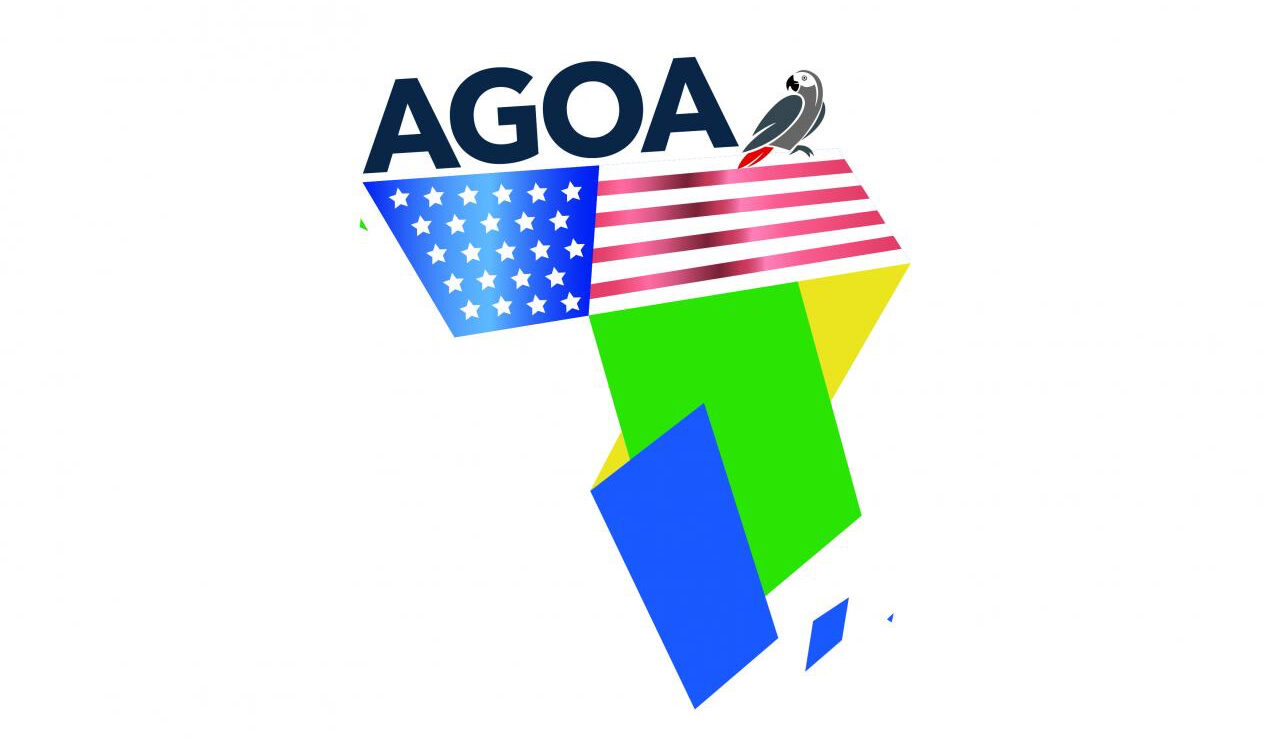Experts at a recent 57th Conference of African Ministers of Finance emphasized the need for African governments to prioritize local currencies for trade and transactions.
Hanan Morsy, chief economist of the UN Economic Commission for Africa, highlighted that reducing reliance on the U.S. dollar would protect Africa’s economies from external financial shocks. Africa’s use of foreign currencies costs the continent approximately $5 billion annually in conversion fees, Melaku Geboye Desta, coordinator of the Africa Trade Policy Center, noted, adding that eliminating this dependency would reduce transaction costs and make trade more competitive within the continent. The call for a unified African currency gained also support from Wamkele Mene, secretary-general of the African Continental Free Trade Area (AfCFTA), who stated that such a monetary union would reduce financial transaction costs and help boost intra-Africa trade, fostering greater economic integration and resilience.
As Morsy and other experts highlighted that Africa’s heavy dependence on the U.S. dollar has caused economic vulnerabilities, a new report from Washington-based Peterson Institute for International Economics reveals that U.S. resident Donald Trump’s threats to impose 100% tariffs on countries attempting to reduce the U.S. dollar’s dominance could harm both the United States and BRICS nations. Targeting countries like China, Russia, and India, or for that matter African countries, which are exploring alternatives to the dollar, Trump’s tariffs would slow GDP growth and increase inflation globally. The analysis predicts that the U.S. economy would lose $432 billion by the end of Trump’s second term, with a 1.6% rise in inflation.
While the BRICS and also African nations are seeking to reduce their dependence on the greenback, the report suggests that no other currency is poised to challenge the dollar’s supremacy. Despite this, China’s promotion of the renminbi and the group’s financial initiatives reflect ongoing efforts to diversify away from the dollar. However, the proposed tariffs could exacerbate economic instability worldwide.



